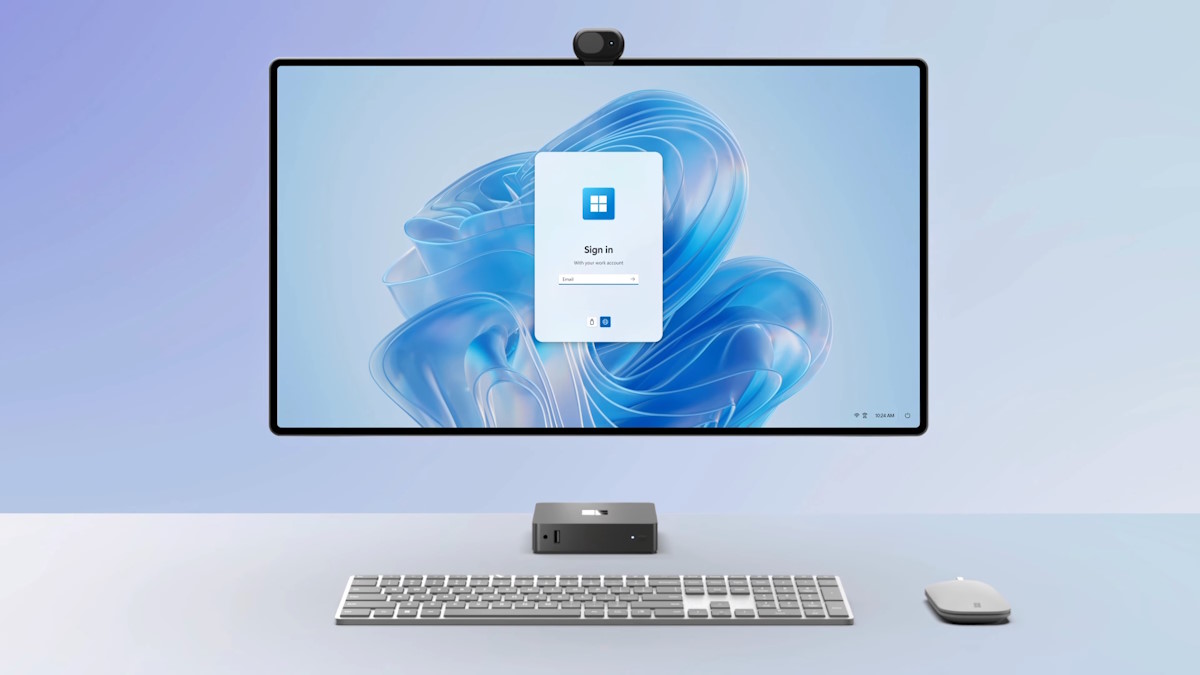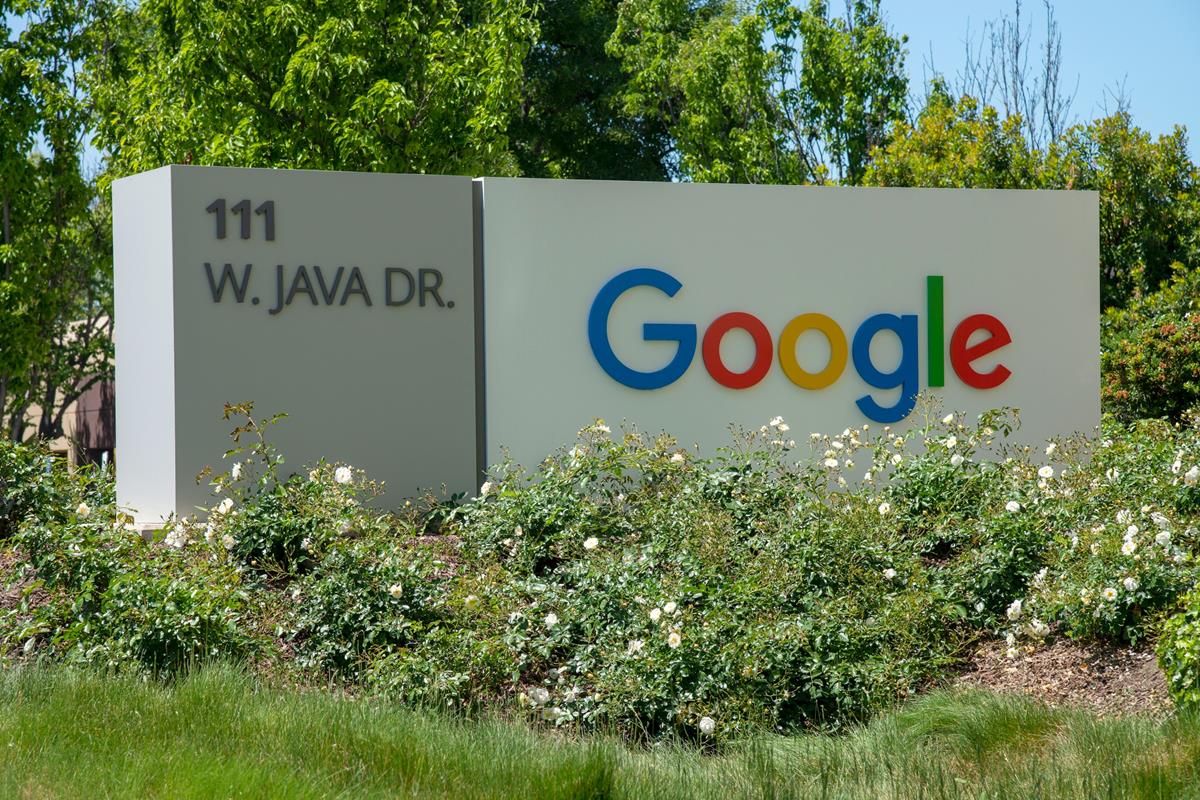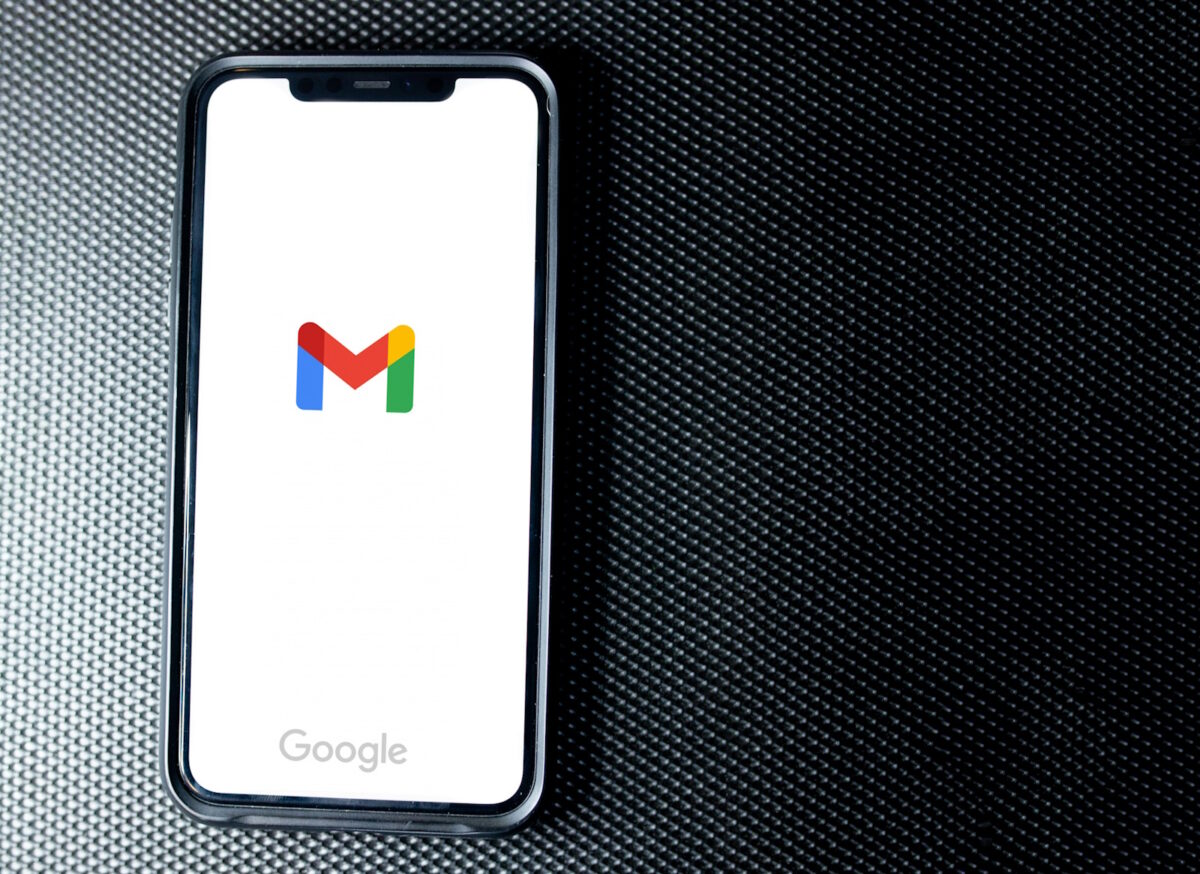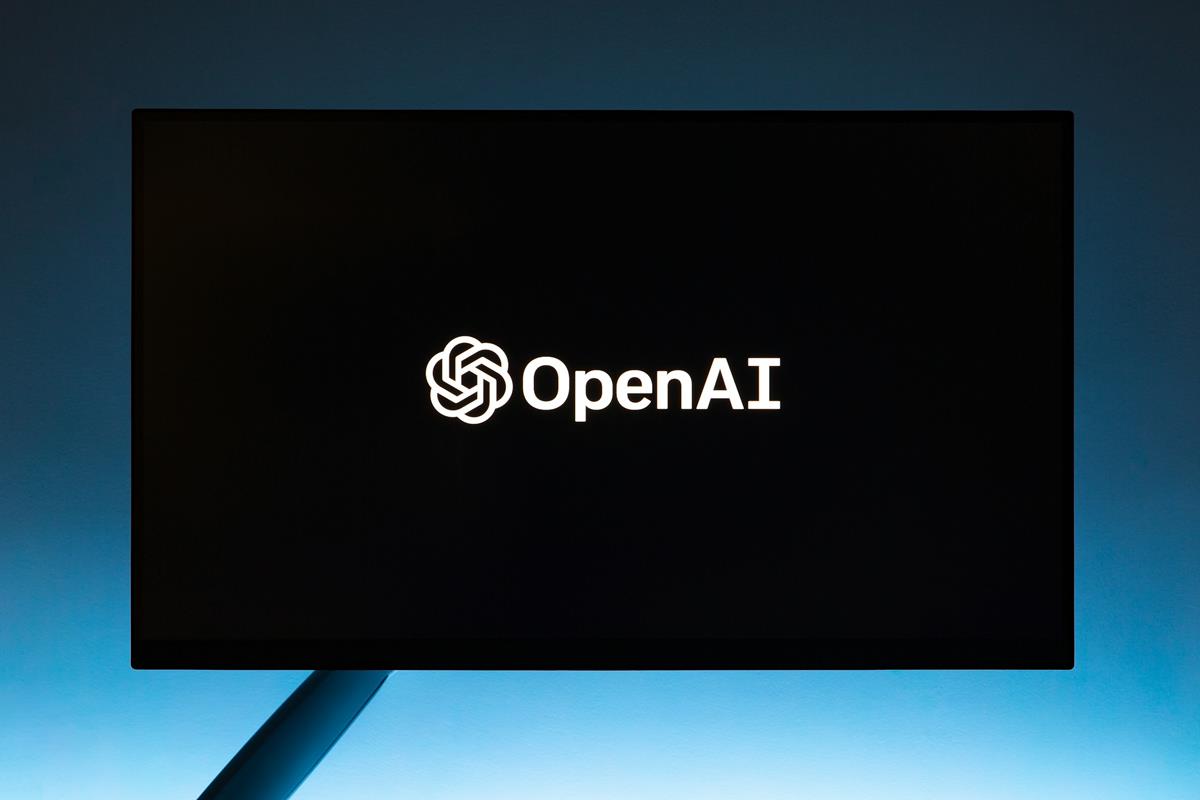ChatGPT knowledge cutoff will no longer a be big problem
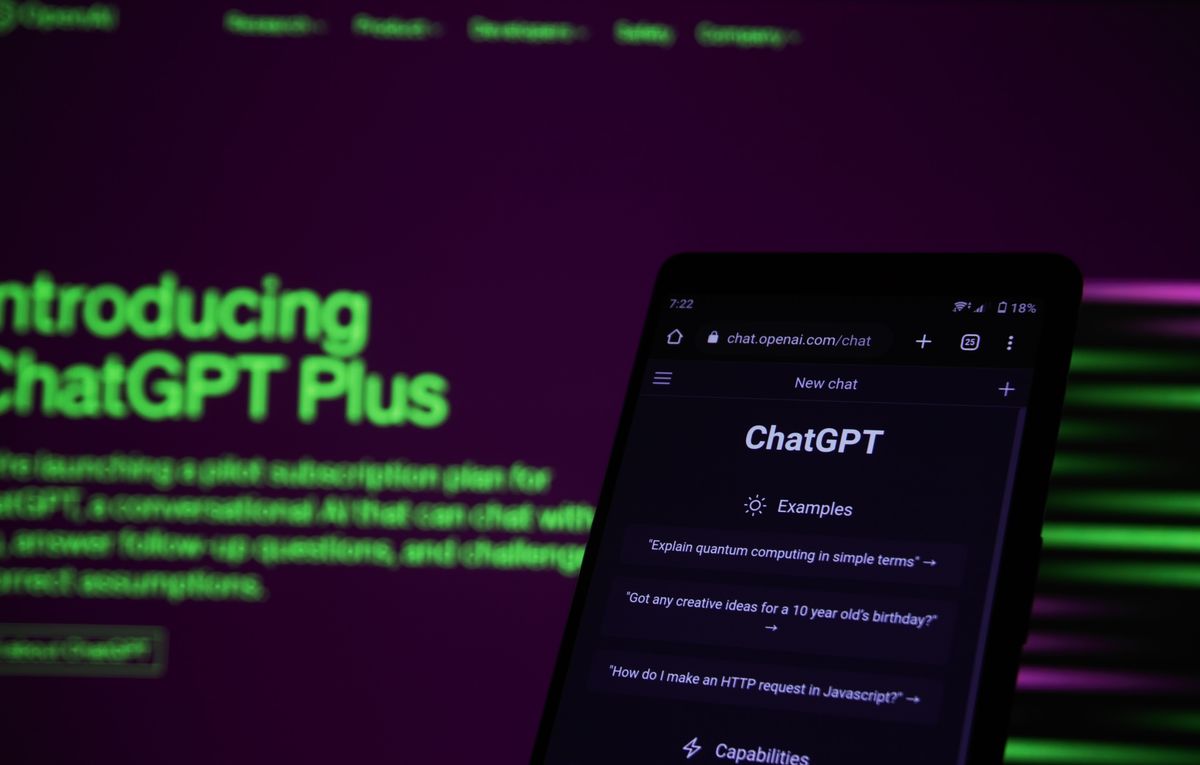
Large language models (LLMs) like ChatGPT have become increasingly popular in recent years, thanks to their ability to generate human-quality text, translate languages, and answer questions in an informative way.
However, one limitation of these models is that their knowledge is limited to the data they were trained on. In the case of ChatGPT, this meant that it could not respond to questions about events that occurred after September 2021.
Another great news announced at OpenAI Dev Day was that the ChatGPT knowledge cutoff will now accept a much more recent date as the milestone for its database.
ChatGPT knowledge cutoff extends to 2023
ChatGPT is a powerful language model, but its knowledge cutoff was a major limitation. It meant that users could not ask ChatGPT about recent events or trends, or get its insights on new products or research. This made ChatGPT less useful for tasks such as staying informed about current affairs or conducting research.
But thankfully, OpenAI CEO Sam Altman announced that they are planning to update the ChatGPT knowledge cutoff limitations as soon as possible on OpenAI Dev Day.
By extending ChatGPT's knowledge cutoff beyond 2021 to April 2023, OpenAI has made it a more versatile and useful tool for users. Now, users can ask ChatGPT about anything, regardless of when it happened. This makes it a valuable tool for students, researchers, and anyone else who needs to stay informed about the latest news and trends.
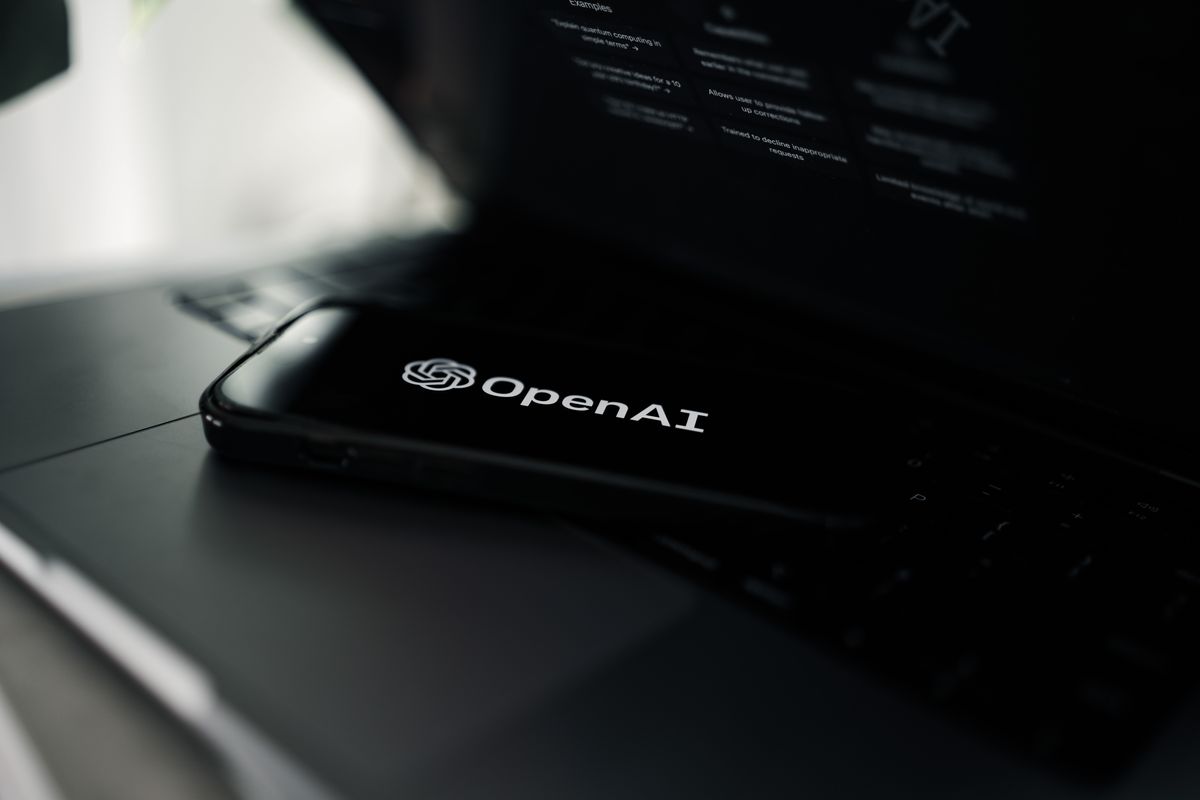
In addition to the ChatGPT knowledge cutoff update, OpenAI has also introduced a number of other improvements to the model. For example, ChatGPT now supports up to 128,000 tokens of input, which means that it can process and respond to longer and more complex prompts.
ChatGPT also has a new "retrieval function" that allows users to upload documents or databases to the chatbot, which can then be used to improve the accuracy and relevance of its responses.
ChatGPT knowledge cutoff update makes ChatGPT a more powerful and versatile tool for a variety of tasks. For example, ChatGPT can now be used to:
- Generate news articles and blog posts about current events
- Write marketing copy and product descriptions
- Create chatbots for customer service and other applications
- Translate documents and websites from one language to another
- Answer questions about a variety of topics, including science, history, and current affairs
What does this mean for the future of ChatGPT?
The expansion of ChatGPT's knowledge base and the addition of new features like the retrieval function are a sign that OpenAI is committed to making ChatGPT the most powerful and versatile LLM on the market. As ChatGPT continues to learn and grow, it is likely to become even more useful for a wide range of applications.
Advertisement














